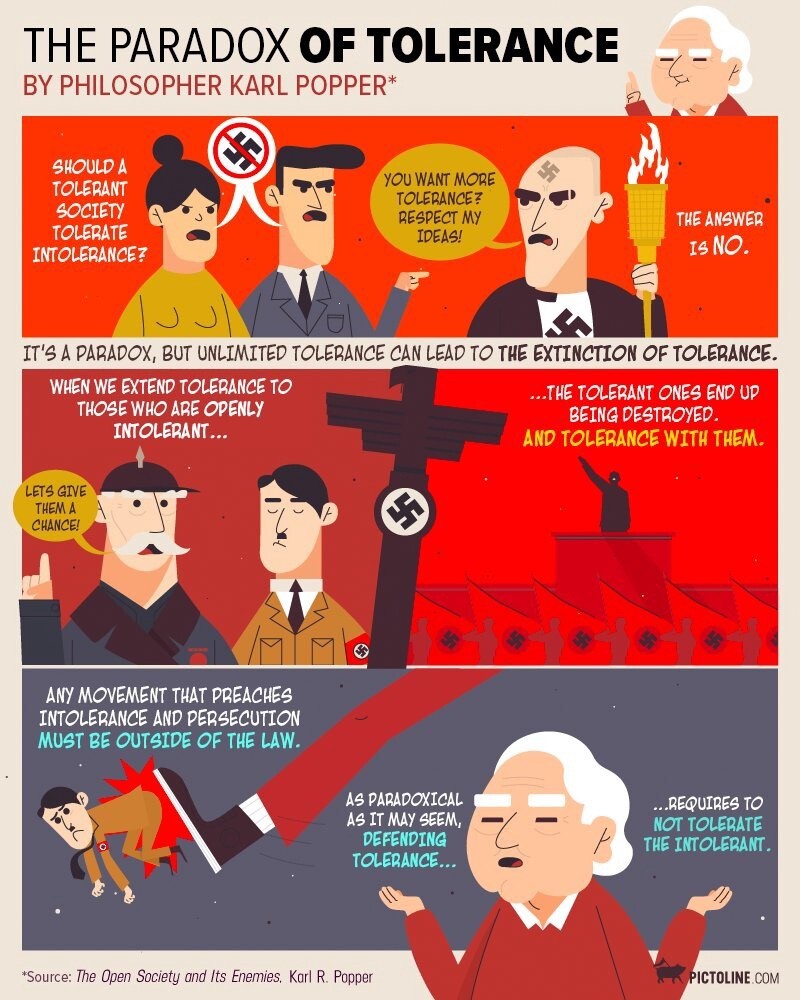cross-posted from: https://beehaw.org/post/8984968
When the FSF Free Software Directory directs people to freedom-lacking places
The #FSD purpose is to help people “find freedom-respecting programs”. Browsing the directory reveals copious freedom-disrespecting resources. For example:
- projects jailed in MS #Github (amid substantial ethical issues)
- projects jailed in #Gitlab·com (amid substantial ethical issues)
- projects with resources (docs, forums, wikis, APIs, etc) that are jailed in #Cloudflare’s walled garden (amid substantial ethical issues)
FSF has no tags for these anti-features. It suggests a problem with integrity and credibility. People expect to be able to trust FSF as an org that prioritizes user freedom. Presenting this directory with unmarked freedom pitfalls sends the wrong message & risks compromising trust and transparency. Transparency is critical to the FOSS ideology. Why not clearly mark the freedom pitfalls?
The idea of having exclusive clubs with gatekeepers is inconsistent with FSF’s most basic principles, specifically:
All important site functionality that's enabled for use with that package works correctly (though it need not look as nice) in free browsers, including IceCat, without running any nonfree software sent by the site. (C0)Does not discriminate against classes of users, or against any country. (C2)Permits access via Tor (we consider this an important site function). (C3)Failing any of those earns an “F” grade (Github & gitlab·com both fail).
If Cloudflare links in the #FSF FSD are replaced with archive.org mirrors, that avoids a bulk of the exclusivity. #InternetArchive’s #ALA membership automatically invokes the Library Bill of Rights (LBR), which includes:
V. A person’s right to use a library should not be denied or abridged because of origin, age, background, or views.VI. Libraries which make exhibit spaces and meeting rooms available to the public they serve should make such facilities available on an equitable basis, regardless of the beliefs or affiliations of individuals or groups requesting their use.VII. All people, regardless of origin, age, background, or views, possess a right to privacy and confidentiality in their library use. Libraries should advocate for, educate about, and protect people’s privacy, safeguarding all library use data, including personally identifiable information.The LBR is consistent with FSF’s principles so this is a naturally fitting solution. The Universal Declaration of Human Rights is also noteworthy. Even if the FSD is technically not a public service, the public uses it and FSF is an IRS-qualified
501(c)(3)public charity, making it public enough to observe these UDHR clauses:
art.21 ¶2. Everyone has the right of equal access to public service in his country.art.27 ¶1. Everyone has the right freely to participate in the cultural life of the community, to enjoy the arts and to share in scientific advancement and its benefits.These fundamental egalitarian principles & rights are a minimum low bar to set that cannot be construed as “unreasonable” or “purist” or “extremist”.
Some groups of people who are excluded when resources are inside Cloudflare’s walled-garden include:
- public library users
- Tor users
- CGNAT users (often poor people in impoverished regions whose ISPs have fewer IPv4 addresses to allocate than the number of users)
- people who use scripts to access web resources (and interactive users who merely appear to be bots by using non-graphical FOSS tools, blind people IIRC as they are not loading images)
- all people with a moral objection to exposing ~20—30% of their web traffic (metadata & payloads both) to one single centralized tech giant in a country without privacy safeguards. (29% of the 200 most popular Github projects also make use of Cloudflare)
